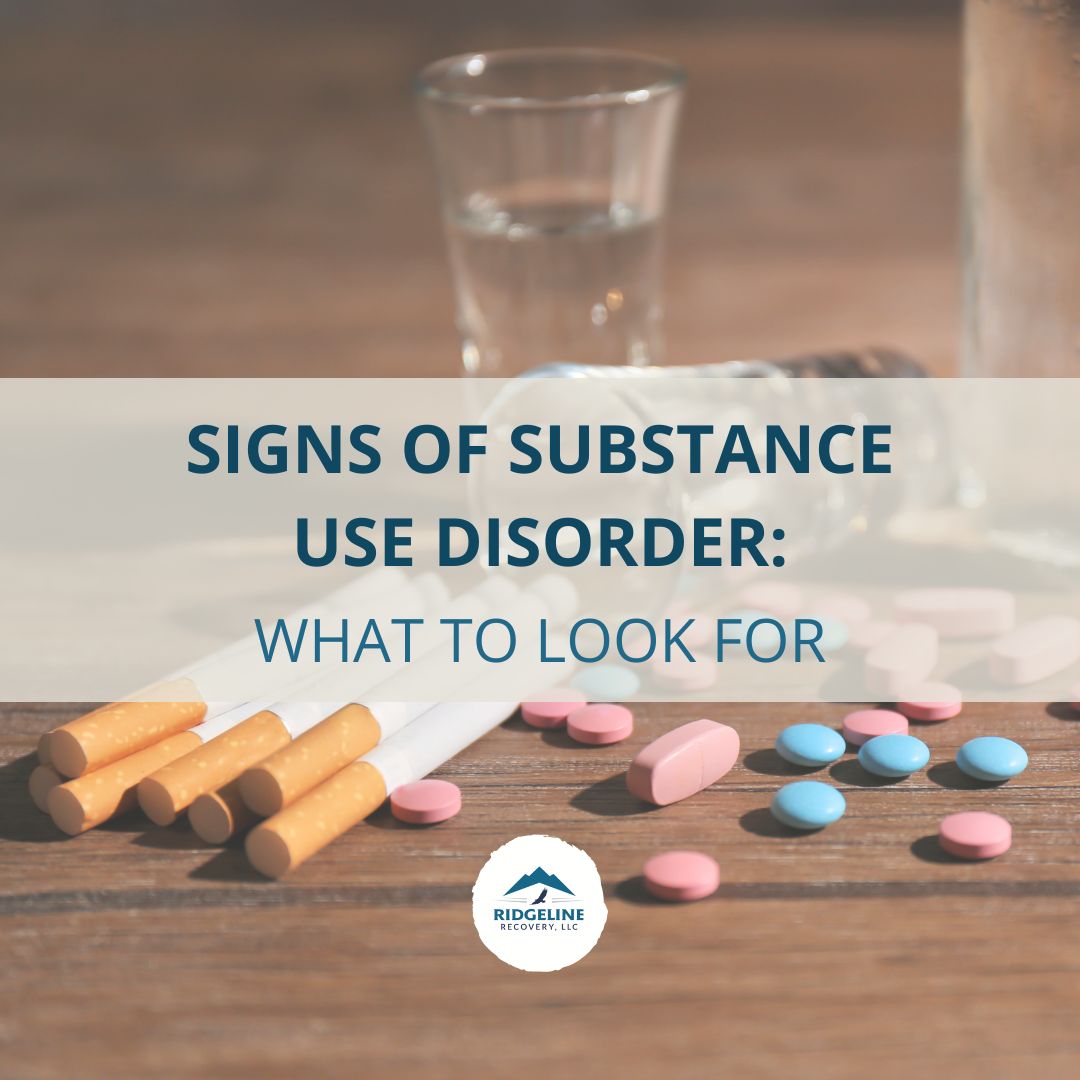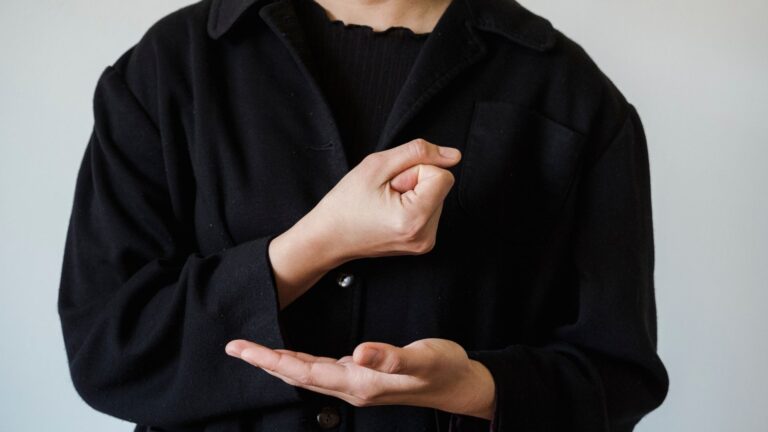Substance Use Disorder (SUD) doesn’t happen overnight. It creeps in slowly, affecting behaviors, relationships, physical health, and emotional well-being. Many people don’t recognize the signs in themselves or their loved ones until the problem has already escalated. That’s why understanding the warning signs is crucial—because the earlier you recognize them, the sooner you can take action.
If you or someone you care about is struggling, this guide will help you identify the key signs of addiction and take the first step toward recovery.

Physical Signs of Substance Use Disorder
While behavioral changes can be subtle at first, physical signs of addiction are often easier to spot. Here are some common physical symptoms to be aware of:
1. Changes in appetite or weight
Substance use can impact eating habits. Some people lose weight rapidly, while others gain weight due to increased cravings (especially with alcohol or certain drugs). Any drastic changes in eating patterns may be worth a closer look.
2. Frequent fatigue or trouble sleeping
People struggling with substance use may:
- Sleep too much or too little
- Seem constantly tired or exhausted
- Stay up late or sleep during odd hours
This is especially common with stimulants (which cause insomnia) or depressants (which cause excessive drowsiness).
3. Poor hygiene or neglected appearance
As addiction takes over, self-care often takes a backseat.
- People may stop showering, brushing their teeth, or wearing clean clothes.
- Their overall appearance might look disheveled or unkempt.
- They may smell of alcohol or other substances.
If someone who once took pride in their appearance suddenly stops caring, it could be a sign of deeper struggles.
4. Unexplained health issues
Substance use can cause a range of physical symptoms, including:
- Nausea or vomiting
- Sweating or chills
- Shaking or tremors
- Frequent headaches
These symptoms may appear suddenly or come and go. If someone frequently complains about feeling sick without a clear cause, substance use could be a factor.
Behavioral Signs of Substance Use Disorder
Addiction doesn’t just affect the body—it changes how someone behaves and interacts with the world around them. The following behavioral changes may signal that something is wrong:
1. Increased secrecy or isolation
People struggling with substance use often withdraw from loved ones. They may avoid social situations, make excuses to be alone, or lie about where they’ve been. If someone starts hiding their activities or becoming unusually private, it could be a red flag.
2. Neglecting responsibilities
Substance use can take priority over important obligations. This may show up as:
- Missing work or school frequently
- Ignoring household duties
- Failing to follow through on commitments
If someone who was once reliable is now struggling with everyday tasks, it may be time to check in.
3. Risky or impulsive decision-making
Substance use can lead to poor judgment, including:
- Driving under the influence
- Engaging in unsafe sexual behaviors
- Taking financial risks (overspending, borrowing money, or even stealing)
People who were once careful and responsible may start making reckless decisions without thinking about the consequences.
4. Increased conflicts in relationships
Struggling with addiction often leads to:
- More arguments with family and friends
- A tendency to push people away
- A shift in social circles, spending more time with others who use substances
If someone suddenly distances themselves from close friends or starts surrounding themselves with a new group, it could be a sign they’re caught in a cycle of substance use.
Emotional & Mental Signs of Substance Use Disorder
Substance use doesn’t just affect the body—it deeply impacts emotions and mental health. Here are some key emotional and psychological signs to watch for:
1. Mood swings, irritability, or aggression
People struggling with addiction may:
- Seem happy one moment and angry the next
- Overreact to minor issues
- Become aggressive or defensive when questioned about their behavior
These emotional outbursts can create tension in relationships and make communication difficult.
2. Anxiety, paranoia, or unexplained fear
Certain substances (especially stimulants) can lead to:
- Increased anxiety or nervousness
- Paranoid thoughts (believing others are watching or judging them)
- Unusual fears or irrational worries
If someone seems on edge, jumpy, or overly suspicious, their substance use may be affecting their mental state.
3. Depression or hopelessness
Substance use can worsen depression, leading to:
- Lack of motivation
- Feeling sad or numb most of the time
- Expressing hopelessness or thoughts of self-harm
If you notice persistent sadness or a loss of interest in life, it’s important to reach out for support.
4. Difficulty concentrating or making decisions
Substance use can affect cognitive function, making it hard to focus, remember things, or make clear decisions.
- People may struggle to complete tasks they once handled easily.
- They may seem forgetful or confused.
This mental fog can make daily life overwhelming and frustrating.
5. Feeling out of control and unable to stop using
One of the biggest signs of addiction is feeling powerless to quit, even when the person wants to.
- They may promise to stop but keep using anyway.
- They may try to cut back but find themselves using again.
If substance use feels like it’s taking over, it’s time to seek help.
What to Do If You Recognize These Signs
If you or a loved one is showing signs of Substance Use Disorder, don’t wait. Addiction is progressive, but help is available.
Seeking Support
At Ridgeline Recovery, we provide comprehensive support through:
✔ Addiction Recovery programs
✔ Addiction Therapy for emotional healing
✔ Addiction Treatment tailored to your needs
Take the First Step
Recovery starts with a decision. If you recognize these signs in yourself or someone else, reach out. Contact Us today.
There’s no shame in seeking help. The most courageous step is the first one. 💙







